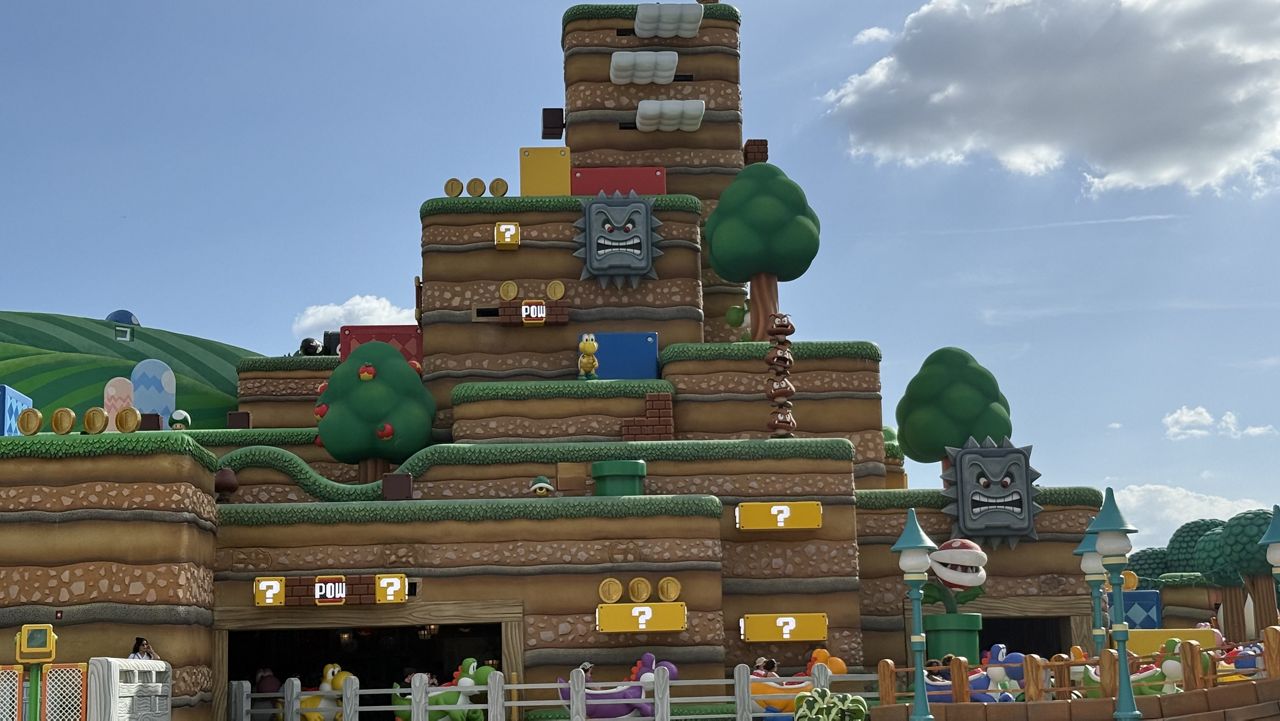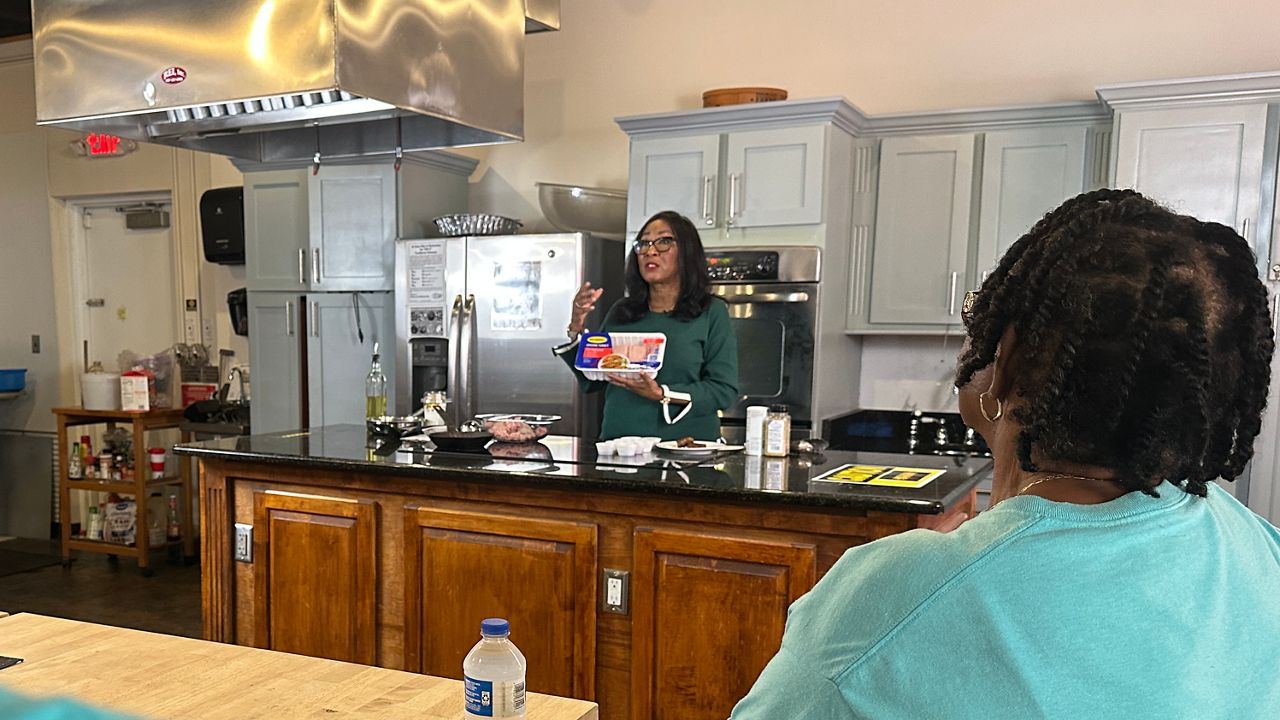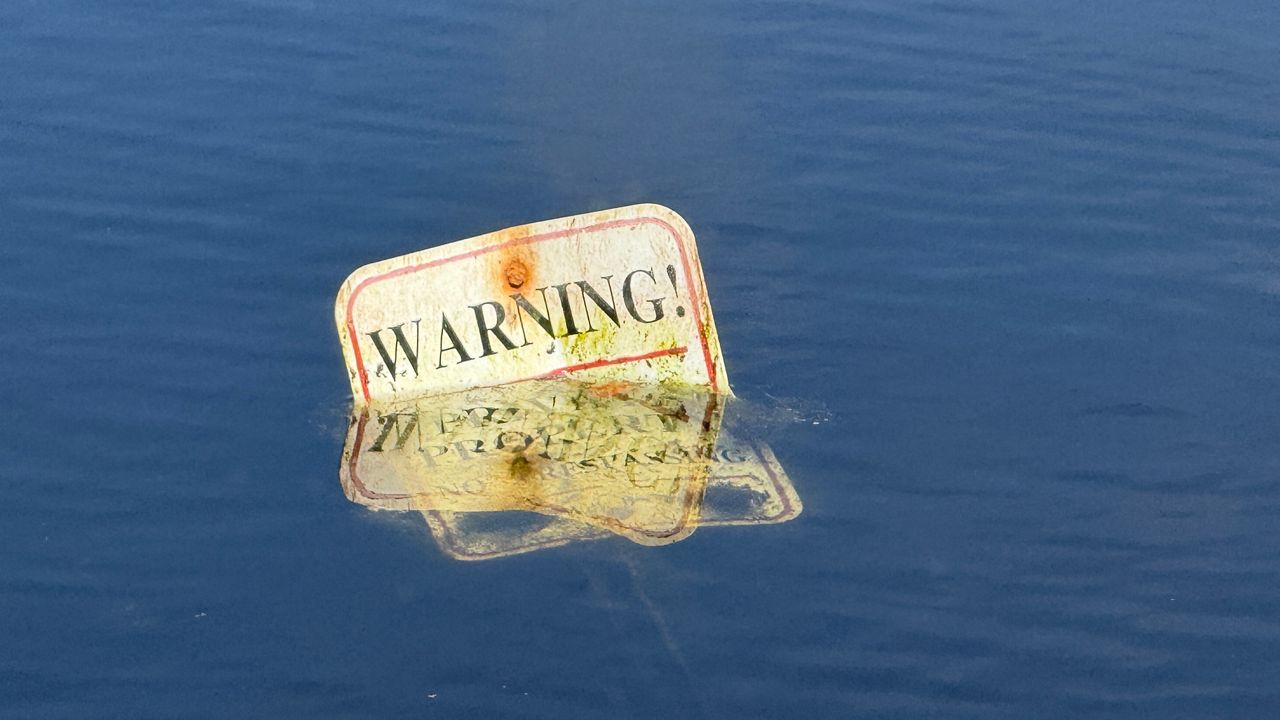ORLANDO, Fla. — The passage of time can be incredibly painful.
“When you have 49 people in your community who were killed at a nightclub — that changes everything forever,” said Heather Wilkie, the executive director of the Zebra Coalition, a group of organizations which provides services to LGBTQ+ youth.
What You Need To Know
- Members of the community are reflecting on the Pulse massacre five years ago
- David Matteson believes it's crucial to learn from past mistakes to fight for progress
- Executive Director of the Zebra Coalition Heather Wilkie believes there is "a great ways to go" when it comes to inclusivity for transgender and non-binary people
- In this case, progress is political, personal and can be uncomfortable
Time can push things forward while also pulling them back.
Ricardo Negron is a survivor of the Pulse mass shooting.
Sitting in front of the rainbow painted bandshell at Lake Eola, he spoke about surviving the shooting from the perspective of someone who is gay, Puerto Rican and fighting for progress.
“It’s been five years — how do we get to a better place in the next five years?” Negron asked.
Central Florida has experienced shifts in politics and perspectives in the past five years, but progress is still a process.
David Matteson asked to meet on Park Avenue in Winter Park where he lived and worked while a student at Rollins College.
“I have vivid and beautiful memories of coming to this space and having a boyfriend in this space, finding love on the avenue, having heartbreak on the avenue and I also have painful memories walking down Park Avenue and being heckled from a car for being gay,” Matteson said.
Matteson is now pursuing a Ph.D. at the University of Central Florida. As a historian, he sees progress as cyclical — the past playing a critical role in which path a person chooses to take.
“So much of activism is future oriented — is looking at the next generation and saying, 'I am fighting for your rights but I also feel the need to look at the past in order to see how far we’ve come and how far we need to go,” Matteson said.
The U.S. Supreme Court's legalization of gay marriage in 2015 was a landmark in history.
It was a ruling that allowed Joey Conicella to marry his husband Alex.
“Alex and I are a really good representation of progress, and we are the result of years of hard work in the community of allies who have fought for us to do this,” he said.
The couple owns the “Hungry Pants” restaurant in SoDo and have worked to build an inclusive environment among employees and customers.
It’s a sense of inclusivity still not found everywhere. Many within the LGBTQ+ community are still searching for that support, including those who are transgender and non-binary.
“You drive 45 minutes out of the city and you’ll find a group of queer people who are being marginalized," Conicella said. "Not only do the different sub-communities need help, we need to broaden where we’re helping them."
Even after the 2015 Supreme Court ruling, Florida statute, while not usable in court, continues to define marriage as “a legal union between one man and one woman."
John Stemberger, president of the Florida Family Policy Council, served on the constitution revision commission fighting to retain that definition.
“Progress for us is just preserving our rights to speak freely to associate with who we want to associate with and to really live freely as citizens,” said Stemberger.
Perhaps the perception of progress will always be polarizing.
Negron pointed to March 31, Transgender Day of Visibility, when a Florida Senate committee pushed a bill that would prevent transgender athletes from participating in girls' and women’s sports.
“These are your elected officials telling you on your day to be visible, 'We want to criminalize your existence,'” he said.
This existence is one that Wilkie advocates for as the executive director of the Zebra Coalition.
“While I’ve seen so much progress in sexual orientation and acceptance of that, I still think we have a great ways to go," she said. "We have a huge gap when it comes to trans and non-binary."
Wilkie said for her, the journey for the LGBTQ+ community is both positive and painful — “two-step forwards, one-step back.”
“I think in ways you’re kind of trained to feel that way," she said. "When you’ve seen so much happen — forward movement, backward movement — it sort of just re-wires your brain and I think that’s how we now see things and see the world."
Progress is something never promised, intrinsically political, deeply personal and often uncomfortable. It can propel people forward with perhaps the past in mind.
“At the end of the day, Ricardo isn’t gay, he’s not just a gay person, he’s not just a Puerto Rican living in Orlando," Negron said. "Ricardo can take away from Ricardo that he is a gay, Puerto Rican living in Orlando who survived Pulse. It’s the different layers who make up who we are."
“It’s important to me that we take a more intersectional approach — we view that tragedy through the layers of identity that were represented there,” said Matteson. “This fight is one that will never end — we will continue to face those struggles.”









